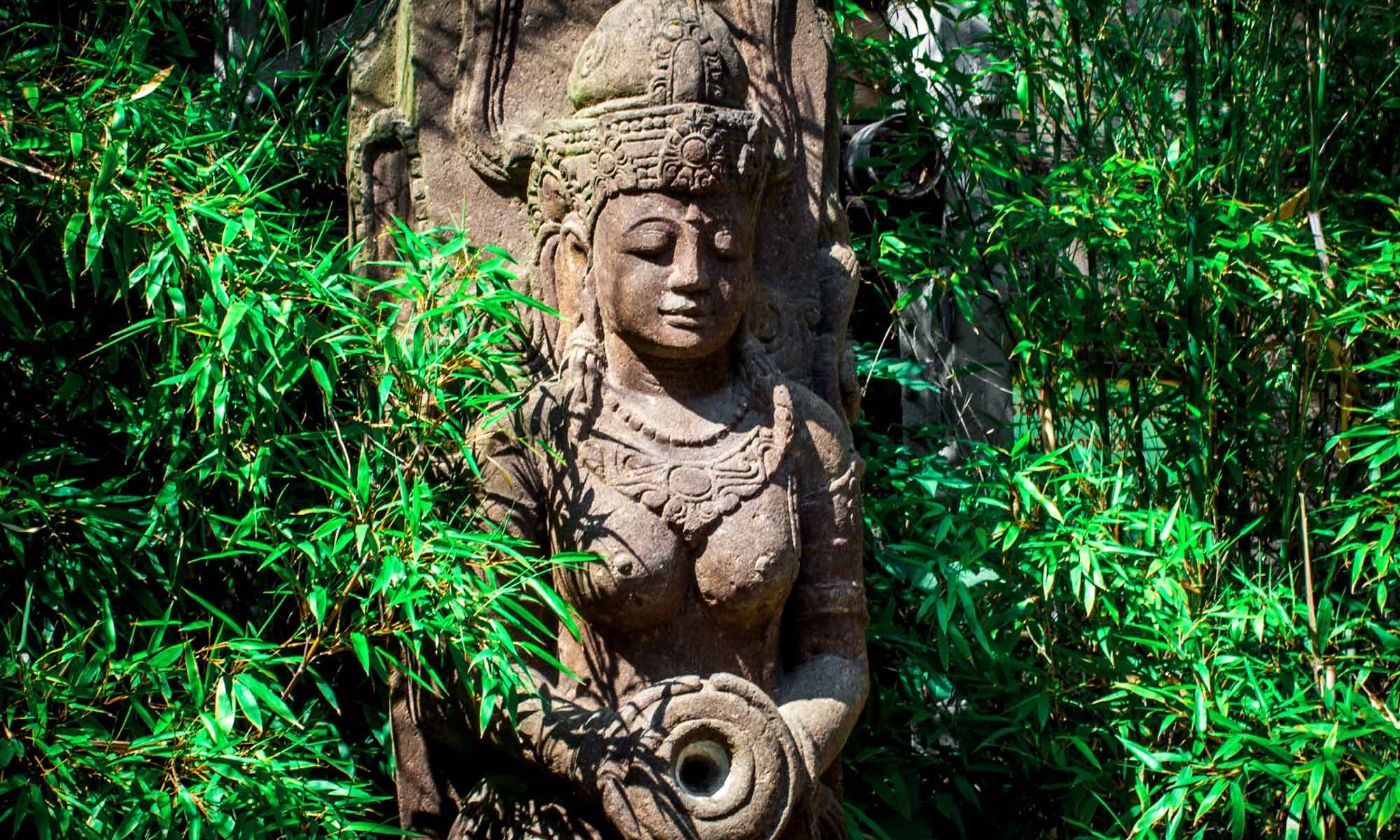Awarded on Saturday, March 29, 2025, Westward Look Inn, Tucson Arizona

2025 Saga Award for Contributions to Women’s History and Culture: Cristina Biaggi PhD
ASWM’s Saga Award is given to individuals whose work cuts across disciplines, traditioins, and generations to create work that centers women’s history and promotes the advancement of an all-inclusive, life-affirming feminist culture. This year’s award recognizes Cristina Biaggi, PhD, for her contributions to the world as an artist, scholar, author, teacher, and feminist activist.
The award letter to Cristina reads in part:
The titles of your four major books: Habitations of the Great Goddess, In the Footsteps of the Goddess, The Rule of Mars: Readings on the Origins, History and Impact of Patriarchy, and Activism Into Art Into Activism Into Art give some idea of the vast scope of your scholarship, interests, talents, and vision.
As an author and scholar, you are a respected and recognized authority on Goddess mythology, prehistory, and the origins and impact of patriarchy. Your knowledge of these subjects is rooted in your studies of the classics, art, art history, archaeology, literature, and languages acquired at Vassar, the University of Utah, Harvard, and NYU. For over five decades, you have been conducting ongoing, in-depth research that has broadened and deepened your passion and abiding interest in the Goddess and antiquity.
For many of us, our first introduction to the Goddess and to the great Goddess monuments of ancient Malta and the islands of Scotland, came through your 1994 work Habitations of the Great Goddess. Your 2000 book In the Footsteps of the Goddess, which is a collection of personal stories inspired by the Female Divine, is a first in the field of spirituality. In The Rule of Mars (2006), you bring together an outstanding group of scholars to tackle the questions of when and where the change from a matriarchal to a patriarchal societal structure occurred and what the results of that change were. This pivotal collection not only heightened our understanding of pre-patriarchal societies, but left us with hope and thoughtful suggestions for real change.

In addition to publishing these works, you have spoken about the Goddess, prehistory and the origins of patriarchy throughout the world, bringing these neglected topics to such prestigious venues as the Smithsonian Museum, the American Museum of Natural History, the World Archaeology Conference, the Brooklyn Museum, and the New York Times.
Those of us who know you as a scholar of the Goddess and antiquity can sometimes forget that you are an internationally renowned artist as well. All of your art is entwined with activism in celebration of the Great Goddess. In addition to your figurative sculpture in bronze and wood, you have created political and abstract collages and paintings, constructed large outdoor sculptures from materials found in the natural world. You have created the Goddess Mound, which will be both a sacred place in itself, and a long overdue link to the sacred earthworks that were on this continent long before Europeans arrived.
You have also provided a strong role model as a dedicated athlete: a mountain climber–hiking to some of the most awe-inspiring peaks in the world, including Mount Kilimanjaro, Mount Shasta, Mount Rainier, and the active Gorely volcano in Siberia; a world-class swimmer, crossing the Bosphorus, and a 5th degree Blackbelt in Taekwondo sharing that skill as a teacher of Taekwondo with women and girls.
We are happy to honor you as a foremother of the Women’s Spirituality movement, a pre-eminent artist, author, scholar, and tireless feminist activist. You have been and continue to be an inspiration to ASWM members and to women throughout the world.
Past winners of the Saga Award include Dr. Heide Goettner-Abendroth, Genevieve Vaughan, Dr. Peggy Sanday, Z Budapest, Arisika Razak, Donna Read, and Dr. Mara Keller.







 The Sarasvati Award ifor best Nonfiction Book in Women and Mythology was announced at ASWM’s 2025 conference. The winner ia Oxford University Press, for
The Sarasvati Award ifor best Nonfiction Book in Women and Mythology was announced at ASWM’s 2025 conference. The winner ia Oxford University Press, for 
You must be logged in to post a comment.